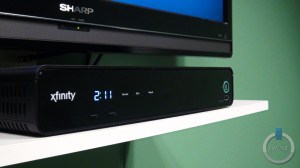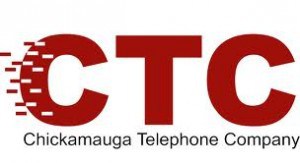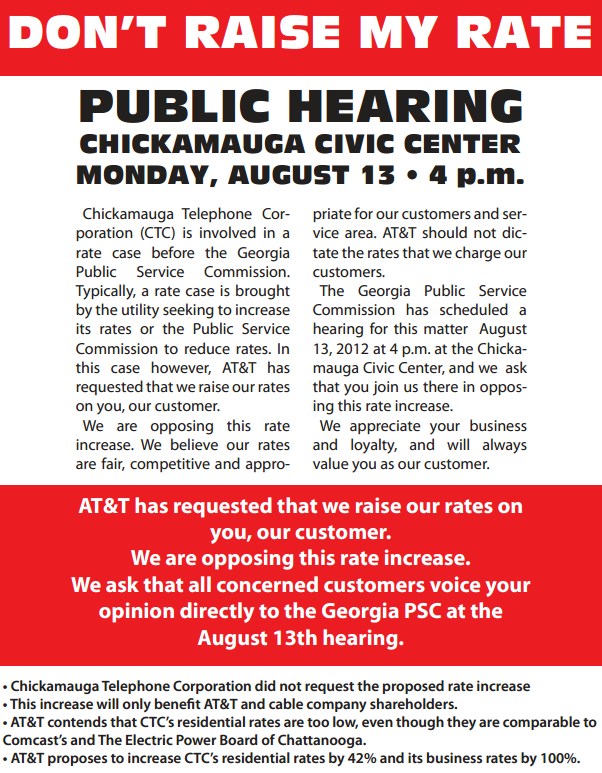 Comcast last week told Wall Street three important facts:
Comcast last week told Wall Street three important facts:
- They have plenty of capacity to handle increasing broadband traffic and can deliver faster speeds;
- They are reducing the amount of money they invest in broadband;
- They are still moving forward on usage caps and usage billing experiments.
Comcast CEO Brian Roberts told investors the company was well positioned to handle increasing broadband traffic and monetize its usage.
Wall Street liked what it heard. Valuentum Securities Inc., called themselves “big fans of Comcast’s cash flow generation.”
“We’re big fans of the firm’s Video and High-Speed Internet businesses because both are either monopolies or duopolies in their respective markets,” Valuentum concludes. “Further, we believe that both services have become so sticky and important to consumers that Comcast will be able to effectively raise prices year after year without seeing too much volume-related weakness.”
An other way to raise prices is to cap broadband usage and charge customers extra for exceeding their allowance, a plan Comcast has begun testing.
“As you know we announced two different flavors of plans,” Roberts said. “One was capacity linked with the tier that subs are buying and [the other] was just being able to buy blocks of capacity.”
Roberts is referring to Comcast’s pricing experiments now being rolled out in markets like Nashville. The tests will determine whether customers will pay higher prices for different tiers of broadband based on variable speed and usage allowances or whether a flat cap with an overlimit fee is the better way to go.
“[Hard] caps are gone,” Roberts said. “We raised the amount people could consume to 300 gigabytes as a base limit. We have not announced the markets for the roll outs yet but I would expect something shortly.”
Comcast used to have a 250GB hard cap which, if exceeded, could result in termination of a customer’s account. Now the company is pondering whether a consistent 300GB cap with an overlimit fee is a better choice.
But Roberts also acknowledged Comcast has plenty of capacity and flexibility to adjust its broadband offerings to compete.
“[…] We have a great network that has tremendous flexibility and capacity to offer more speeds than we offer today and we’re constantly hoping that new applications and needs develop,” Roberts said in response to a question regarding potential competition with Google Fiber.
Comcast added 156,000 new high speed data customers, an 8% increase, over the last quarter. At the same time, the company lost 176,000 video subscribers.
The importance of Comcast’s broadband service was underlined by the fact broadband revenue was the largest contributor to cable revenue growth in the second quarter, with revenue increasing 9%. Comcast attributes that to rate increases, a growing number of new broadband customers, and the 27% of current subscribers upgrading to higher speed services.
Comcast does not and will not have to spend a growing amount of its capital on its broadband service. Comcast cut spending on its network by 5% in the second quarter to $1.1 billion. That represents 11.4 percent of cable revenue earned by Comcast. So far this year, capital expenditures have dropped 2.4% to $2.2 billion — 11.2% of its total revenue.
These days, much of Comcast’s capital expenses support the company’s expansion into business services. The company also expects considerable reductions in spending from completion of its transition to digital — freeing up capacity on existing cable systems instead of spending money to upgrade them. For the full year, including its business services expansion, Comcast expects spending on its own network to be flat.
In other Comcast developments of note:
- In June Comcast rolled out its new X1 cloud based set top platform in Boston and is currently launching X1 in Atlanta. Comcast is marketing the upgraded platform first to HD Triple Play customers, who can upgrade for a one-time installation fee. The company plans to roll out the new upgraded platform in five major markets by the end of this year, with a greater expansion in 2013;
- Comcast has increased broadband speeds, particularly in competitive markets, for no additional charge;
- Streampix now offers twice as many titles as the product offered at launch in February;
- Comcast has rolled out its marketing partnership with Verizon Wireless to 22 markets nationwide;
- The company’s ongoing rebranding under the Xfinity name now has a new catchphrase: Xfinity — The Future of Awesome;
- Nearly 75% of Comcast’s customers now take at least two products and almost 40% are signed up for the company’s triple play package;
- Comcast has saved more than $8 million by reducing the number of occasions the company will send technicians to customer homes. The cable company is heavily promoting self-install kits, which has brought a 65% increase in the number of customers who install Comcast equipment and services themselves.


 Subscribe
Subscribe









